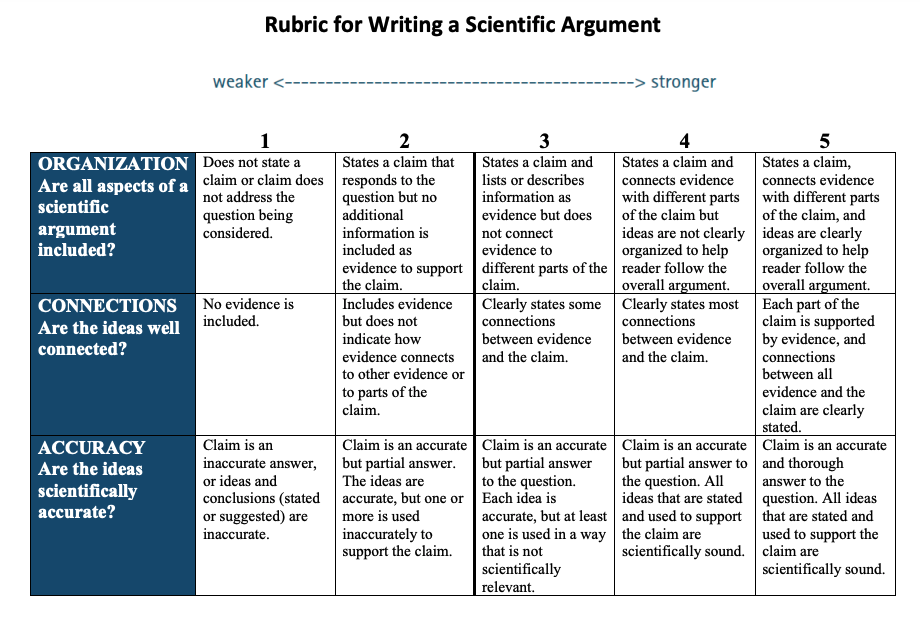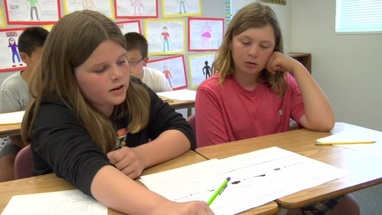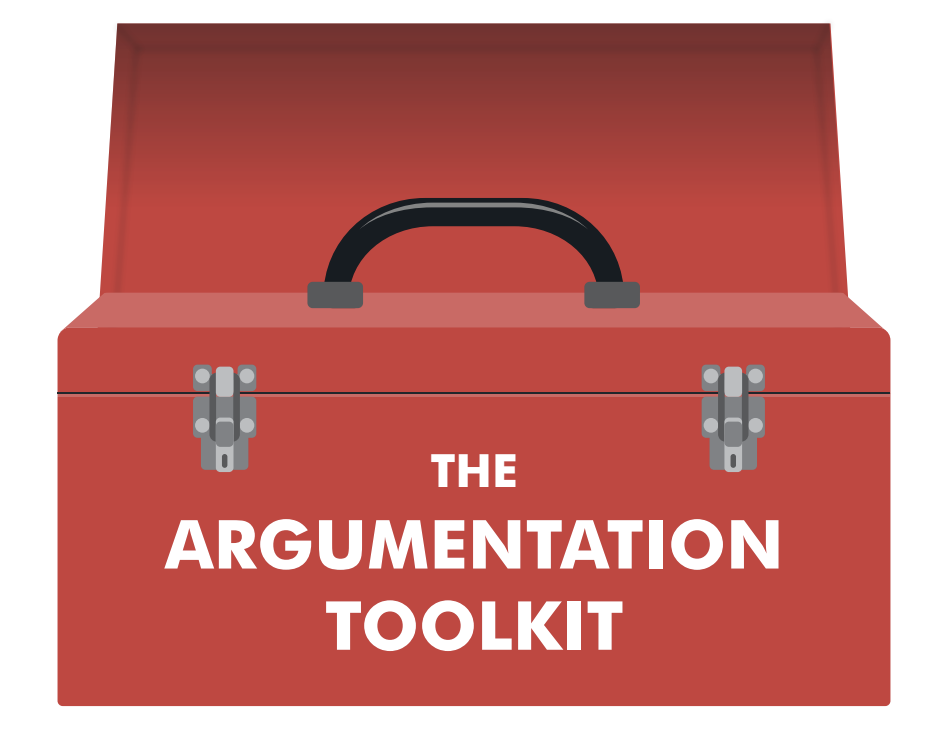How do you support students writing a scientific argument after a science seminar?
Advanced – Science Seminar Session 4
Session Goal:
Teachers will learn how to evaluate student written arguments based upon the quality of the organization of the argument, the quality of connections across ideas, and accuracy.

Session Slides:
Advanced Science Seminar Session 4 PDF
Agenda:
* Extension Discussion: Try it with your students!
- Video: Writing for a Hypothetical Audience
- Presentation: Roles and Expectations for the Science Seminar
- Guided Practice: Analyzing a Student Argument
- Presentation: Introduction to the Argumentation Rubric
- Activity: Analyzing Student Arguments Using the Rubric
- Takeaways
* Extension discussion – Try it with your students!
Discussion questions:
- What went well?
- What strategies did you implement?
- What was challenging?
- What additional support do you need to run the science seminar successfully in your classroom?
1. Video: Writing for a Hypothetical Audience
Watch the video below, which introduces the “hypothetical audience” as a tool to support student writing of scientific arguments.
Discussion Questions:
- In what ways could the science seminar support students in writing convincing arguments?
- What are some strategies from the video or your own experience to support student writing of arguments?
- What do you see as key characteristics you would like to see in your students’ written arguments?
2. Guided Practice: Analyze a Student Argument
- Introduce the guidelines for writing a scientific argument.Emphasize these are the elements students should include in their written argument.
- Project an exemplar student argument and use the peer feedback checklist to discuss the strengths and weaknesses of this argument.
3. Presentation: Introduction to the Argumentation Rubric
- Project the Rubric for Writing a Scientific Argument.
- Explain this rubric can be used to determine the strengths and weaknesses of student arguments.
- The rubric includes and expands upon the categories discussed in the peer feedback checklist. This can be used to provide targeted feedback to students in their writing.

4. Activity: Analyzing Student Arguments Using the Rubric
The task:
- In pairs or small groups, rate the strengths and weaknesses of each of the four sample student arguments using the rubric.
Discussion Questions:
- Which argument was the strongest? Why?
- Which argument was the weakest? Why?
- How could you use this rubric in your classroom to provide feedback to your students?
5. Session takeaways
- Engaging students in a science seminar can support students in writing stronger arguments.
- Teachers can use a variety of strategies to support student writing, such as encouraging students to consider an audience and giving them opportunities for peer critique.
- Tools such as the argument rubric and peer feedback checklist can be used to help students write stronger arguments.

View Other Sessions
Advanced Science Seminar Agenda
| Session Name | Description | Length |
|---|---|---|
| Session #1: What is a science seminar? | This session introduces the science seminar, then explores how the science seminar encourages students to grapple with the four challenging elements of argumentation. | 45 minutes |
| Session #2: How do you prepare students for a science seminar? | This session explores how to prepare students for the science seminar and how to support student participation during the science seminar. | 45 minutes |
| Session #3: How do you conduct a science seminar? | This session introduces teacher and student roles during the seminar, and gives participants the opportunity to engage in a science seminar. | 45 minutes |
| Session #4: How do you support students writing a scientific argument after a science seminar? | This session explores how the science seminar can be leveraged to support student writing of science arguments. | 45 minutes |

